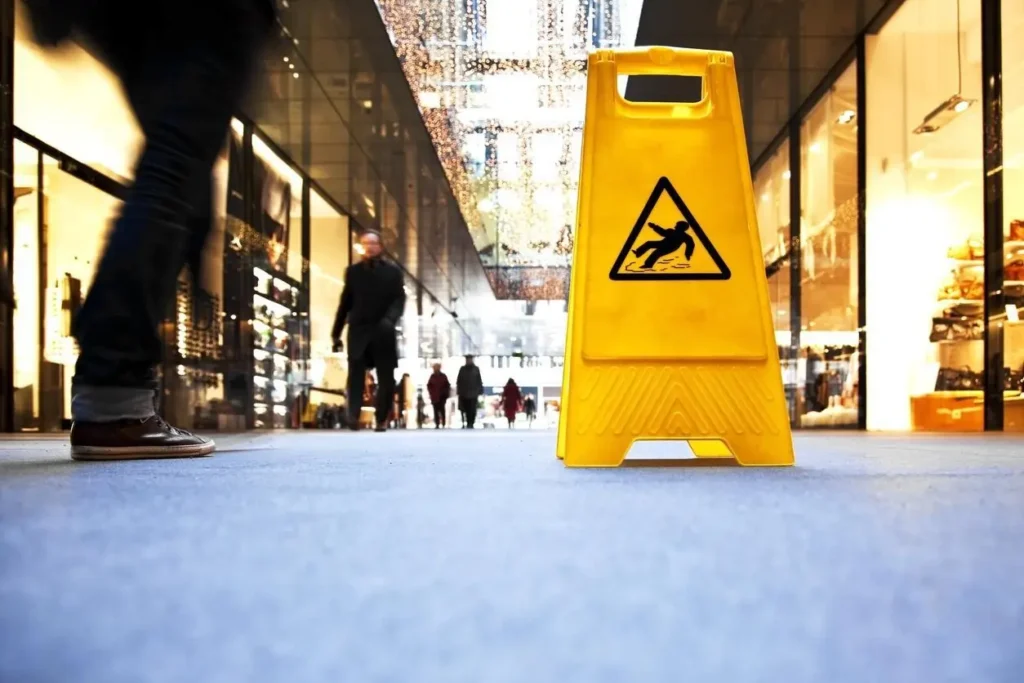When you’ve been injured in a public place—a slippery supermarket aisle, a dodgy footpath, or even an accident at your local footy club—there are generally two ways forward: settle the matter out of court or go all the way to trial.
If you’ve binged a few legal dramas, you’d be forgiven for thinking every case ends with a fiery courtroom showdown and a dramatic “Objection!” from your lawyer. But in real life? It’s a different kettle of fish.
Most public liability cases get resolved without setting foot in court. Why? Well, any public liability lawyers in Canberra would agree that it often makes more sense—financially, emotionally, and practically.
The Nature of Public Liability Claims
Before you can even think about settling or going to court, it helps to understand what a public liability claim actually involves. These claims pop up when someone’s injured in a public or semi-public place—think shopping centres, parks, footpaths, cafés, or even at your mate’s rental property.
The idea is simple: if someone owed you a duty of care and they dropped the ball, they could be on the hook for your injuries. But the thing is, these cases often live in the grey zone. It’s not always clear-cut who’s at fault. Did the venue take “reasonable steps” to prevent the incident? Could you have avoided it? Because of all this ambiguity, neither side is usually keen to roll the dice in court unless they have to.
Why Most Public Liability Cases Settle
Most public liability cases settle long before a judge ever gets involved. As implied earlier, settling is:
- Cheaper – Legal fees add up fast, and court can eat into your potential compensation.
- Faster – While trials can drag on for years, a settlement might wrap up in a few months.
- Private – Court proceedings are public. Settlements are confidential, meaning your personal business stays personal.
- More controlled – Instead of leaving your fate in the hands of a judge, you and the other side get to negotiate an outcome you can live with.
Settling isn’t “giving up.” It’s often a savvy, strategic move to reach a fair outcome without years of stress and uncertainty. You don’t need to win a shouting match when you’ve already made your point.
What Happens During Settlement Negotiations
Once it’s clear that both sides want to avoid court—or are at least open to it—negotiations begin. You’re not expected to go it alone here. Your solicitor handles the grunt work, liaising with the other party’s legal team or insurer. Here’s what usually goes down:
- Offers and counter-offers go back and forth like a game of ping pong.
- Medical reports are scrutinised to understand the long-term impact of your injury.
- Loss of income, medical expenses, and pain and suffering are factored into the numbers.
Mediation: The Middle Ground Before Court
Mediation is often less intimidating than court, but more structured than back-and-forth emails. Think of it as the halfway house between settlement talks and court proceedings. It’s a formal meeting where both parties, along with their lawyers, sit down with a neutral third party—the mediator—and try to sort things out.
When a Case Goes to Court
Sometimes, despite your best efforts, court becomes unavoidable. Maybe the other side refuses to accept responsibility. Or maybe the offer they’ve made is so low it feels like an insult. When that happens, it’s time to suit up—figuratively and literally. In court, a judge will:
- Hear from both parties.
- Review expert reports and medical evidence.
- Listen to witness statements.
- Deliver a binding decision.
It’s a much more rigid and public process. And while it can lead to a larger payout, it also comes with higher stakes, including legal fees, longer timelines, and a fair whack of emotional strain.
But if the facts are on your side and your legal team reckons you’ve got a strong case, it might just be worth the hassle. This is why it’s crucial to get a public liability lawyer from top firms like Brydens.
Pros and Cons of Settlements vs. Going to Court
There’s no universal answer when it comes to choosing your path. It all comes down to what you value most—certainty or potential upside.
Settlements
✅ Quicker resolution
✅ Keeps things private
✅ Less emotional pressure
❌ Might involve compromise
Court
✅ Chance for a bigger payout
✅ Public ruling may set precedent
❌ Time-consuming
❌ Costly and stressful
What to Consider Before Choosing Your Path
Before you commit to one road or the other, have an honest chat with your solicitor. Every case has its own quirks, and what worked for your mate down the road might be completely off the mark for you. Ask yourself:
- What are my real chances if this goes to court?
- Can I handle the time and emotional toll of litigation?
- Is the insurer’s offer reasonable or are they lowballing me?
- Do I need closure now or am I willing to wait?
When it comes to public liability claims, it’s not always about winning or losing—it’s about getting what’s right and fair. Whether you settle or take it to court, the goal is the same: proper compensation and peace of mind. Trust your gut, lean on your legal team, and choose the path that feels right.
Read more: Finding the Right Psychologist Online: A Simple Guide to Starting Therapy from Anywhere


